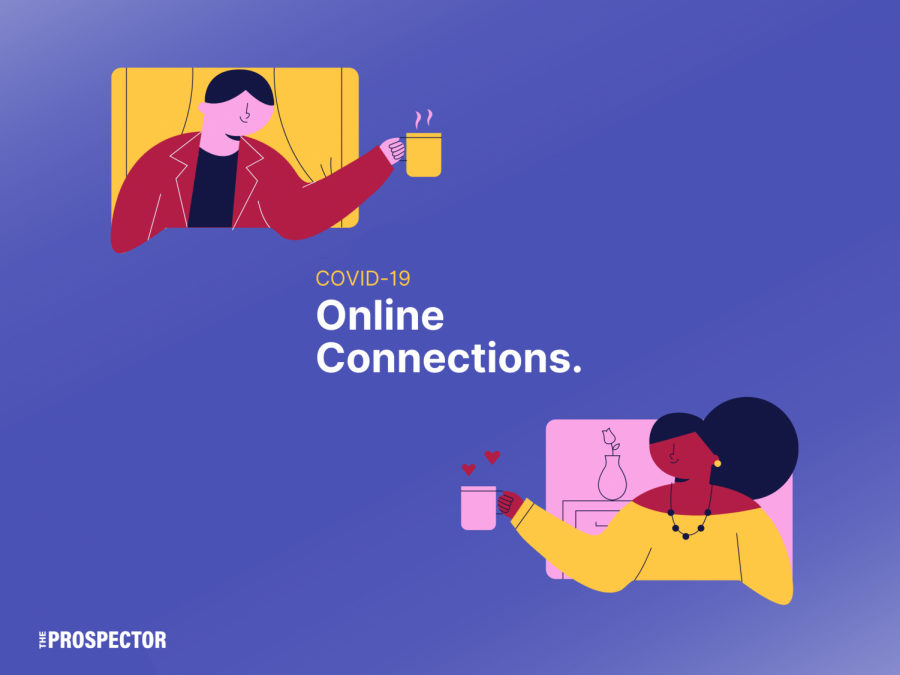From learning new hobbies to maintaining friendships remotely, the coronavirus pandemic has disrupted the way people interact. For Rhiannon Trujillo, a UTEP junior majoring in electrical engineering, forming and keeping friendships during quarantine has been the biggest adjustment.
“I got into a state of mind where everything was my fault,” Trujillo said. “I just kind of dealt with those thoughts for weeks.”
In order to help students like Trujillo adjust to the new form of social interaction, experts share some advice on how to manage friendships amid the pandemic.
“In challenging times, social support is a meaningful tool to reduce stress and recognize, while each of us have our own struggles during the pandemic, we are not alone,” said Theodore Cooper, associate professor for UTEP’s department of psychology.
In order to build on this idea, Jacqueline Lechuga, a social-cultural psychology doctoral student at UTEP, said it’s important for people to maintain some aspects of their pre-pandemic routines.
“There are many aspects of daily life that cannot be controlled by people. For instance, there are many activities like going to concerts, working at an office and having a party, that are not allowed to take place,” Lechuga explained. “Staying in contact with others, however, is something that people can control to an extent and that can help in returning some normality to people’s lives.”
Such routines can be mimicked online, like hosting a virtual happy hour every month or ordering food to be delivered to a friend when they’ve had a bad day. The National Alliance on Mental Illness (NAMI) recommends people go on virtual tours of museums or live stream concerts, as a form of activity to increase engagement with others.
“Becoming creative is key,” Cooper said. “Virtual connectivity, respectful use of social media, and safe outdoor activities are just a few options. In fact, in some ways, building strong one–on–one relationships is ideal when more group oriented, social activities are limited.”
According to UTEP Connect’s “Making friends in online classes,” connecting with classmates on Facebook, Instagram, Twitter and other social media platforms will allow people to get to know each other in a much more personal setting.
“Often people within these online communities can develop virtual friendships,” Lechuga said. “If a person is looking for a new romantic relationship, there are many online dating applications that are taking into account that meeting in person is not safe, and thus are making their applications more friendly to have virtual encounters.”
However, Lechuga said it is also important to understand when it is healthier to stay disconnected from certain relationships. Such is the case for people that are not following health recommendations or taking precautions to stop the spread of COVID-19.
“For example, there are people that are having large gatherings and posting this on their social media accounts. For some people watching this behavior on an Instagram or Facebook story can be stress inducing,” Lechuga said. “It is socially acceptable to decide to stop following this person.”
Like any healthy relationship, Lechuga said it’s critical to keep a balance between staying connected with people that are bringing peace and happiness to one’s life, but staying disconnected with people that are doing the opposite.
““The pandemic has been a stressful experience for many, and this stress can affect people’s interactions with others,” Lechuga said. “Working on one’s mental, spiritual, and physical health can go a long way to improve the relationships we have with others.”
Albert Silva may be reached at [email protected]; @albertosilva_f on Twitter.






